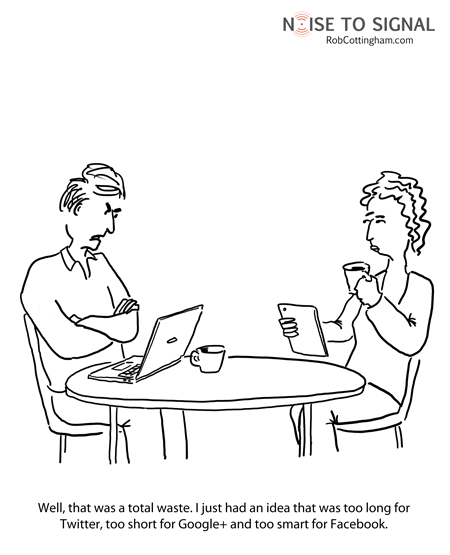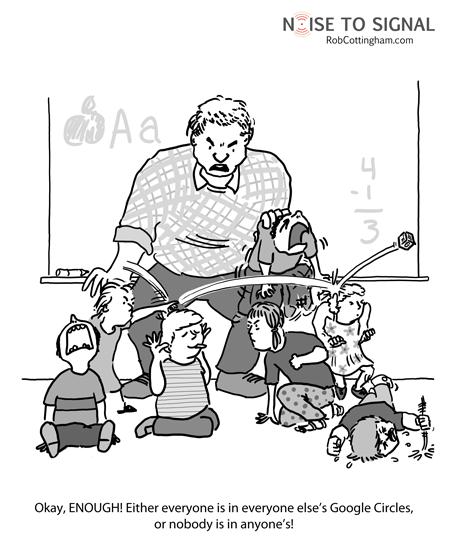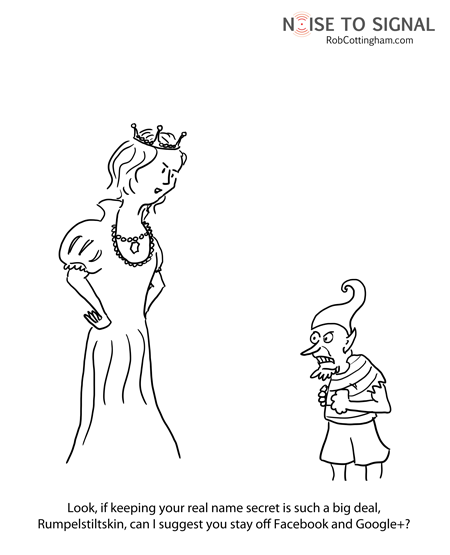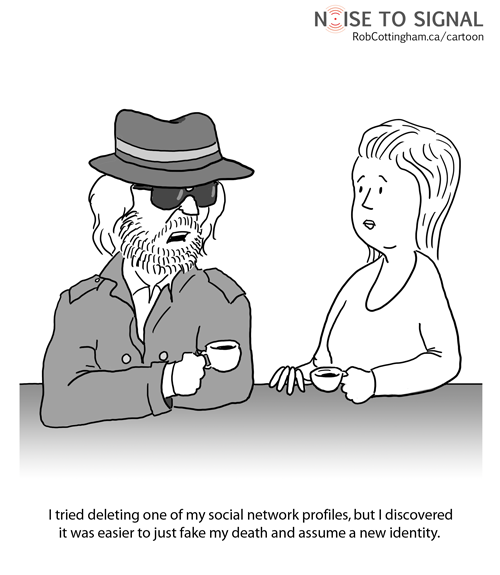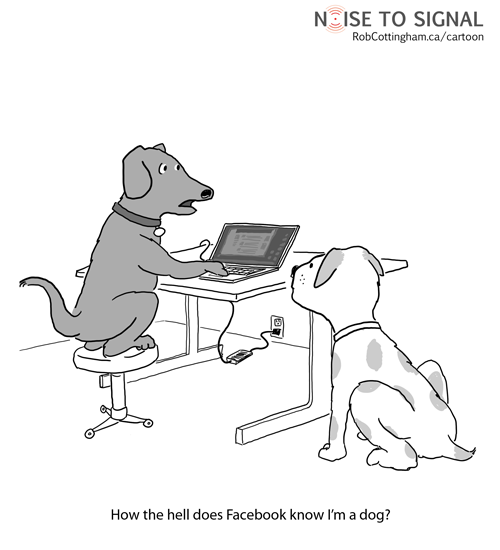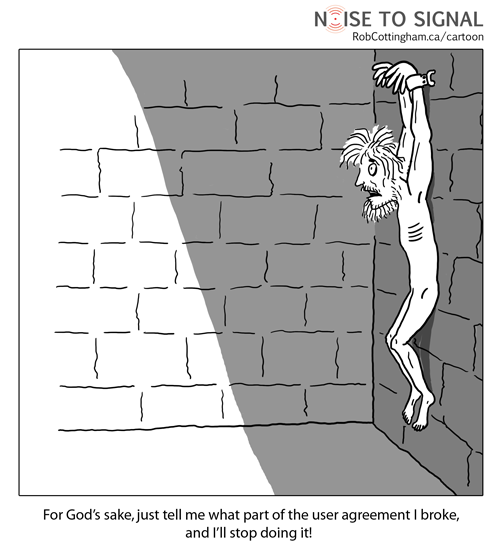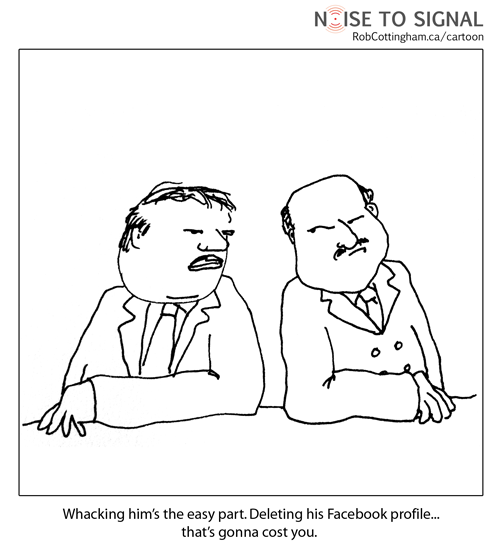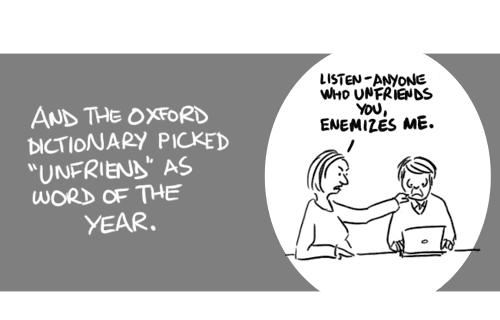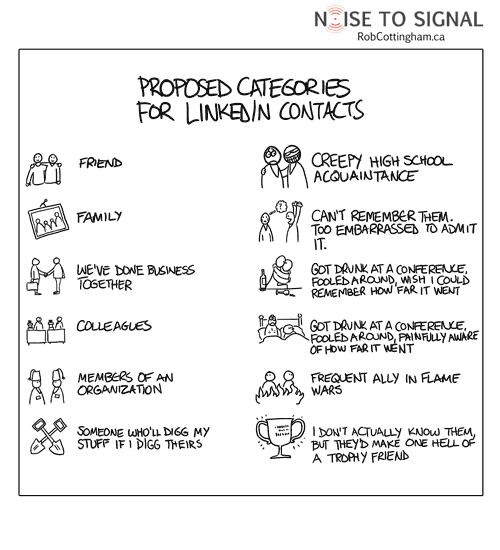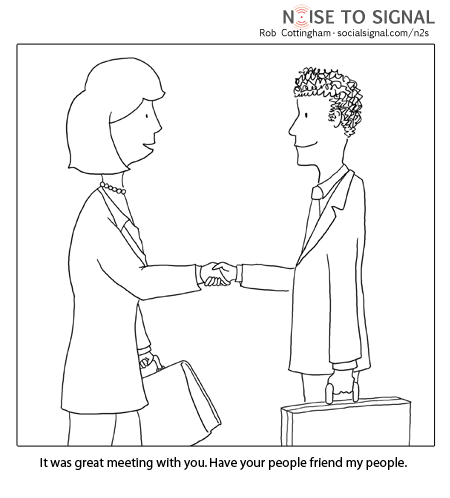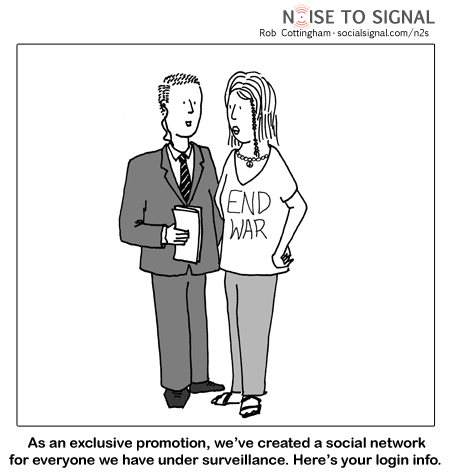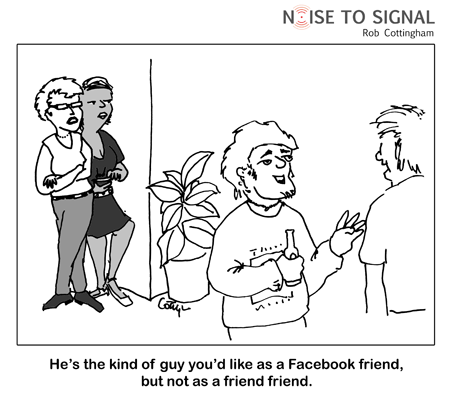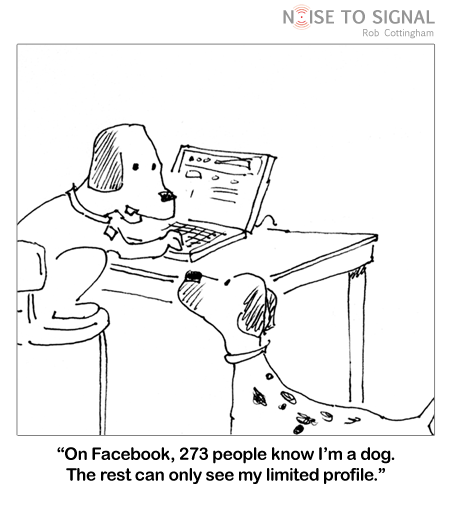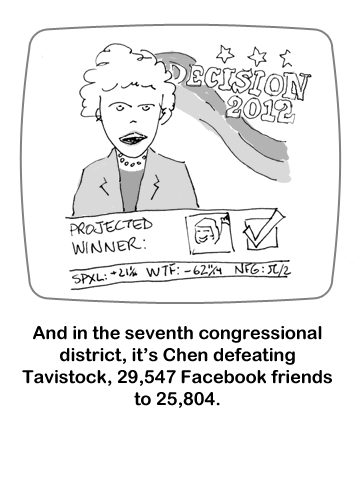Originally published on ReadWriteWeb
Yes, yes, the Internet is killing old media companies. But every once in a while, they take their revenge. They put us through agony over the threats of god-awful legislation like SOPA, currently before the U.S. Congress. They cackle as Canucks and other non-Americans grind their molars to dust every time we click on a video, only to see those dreaded words, “This video is not available in your jurisdiction.”
But their sweetest vengeance, the schadiest of schadenfreudes has to be the moment when it dawns on each of us that, having created a blog, Twitter feed or YouTube channel, we have to feed the damn thing with content.
If you start taking this stuff seriously, then the voraciousness of the content beast can be all-consuming. That struck home in Larry Carlat’s essay in last week’s New York Times magazine, about how his Twitter addiction cost him everything.
None of his symptoms resonated until this one: “When I wasn’t on Twitter, I would compose faux aphorisms that I might use later.”
Gulp. Oh, god. Yeah, I’ve done that. Worse, I’ve been the jackass who stops after saying something in a conversation, and then says out loud that I should remember to tweet that.
Apparently offline conversations and relationships aren’t just fodder for online content streams, just as cats and accident-prone children aren’t just props for mad-viral YouTube videos. They serve other purposes as well.
And as soon as I find out what those purposes are, I’ll tweet them.
* * *
The Washington Post’s Comic Riffs blog is a terrific source of news and commentary on comics and cartooning. And they’re looking for nominations for your favourite webcomic.
If you have one in mind (cough, cough, modesty forbids), just leave a comment on their blog post.

